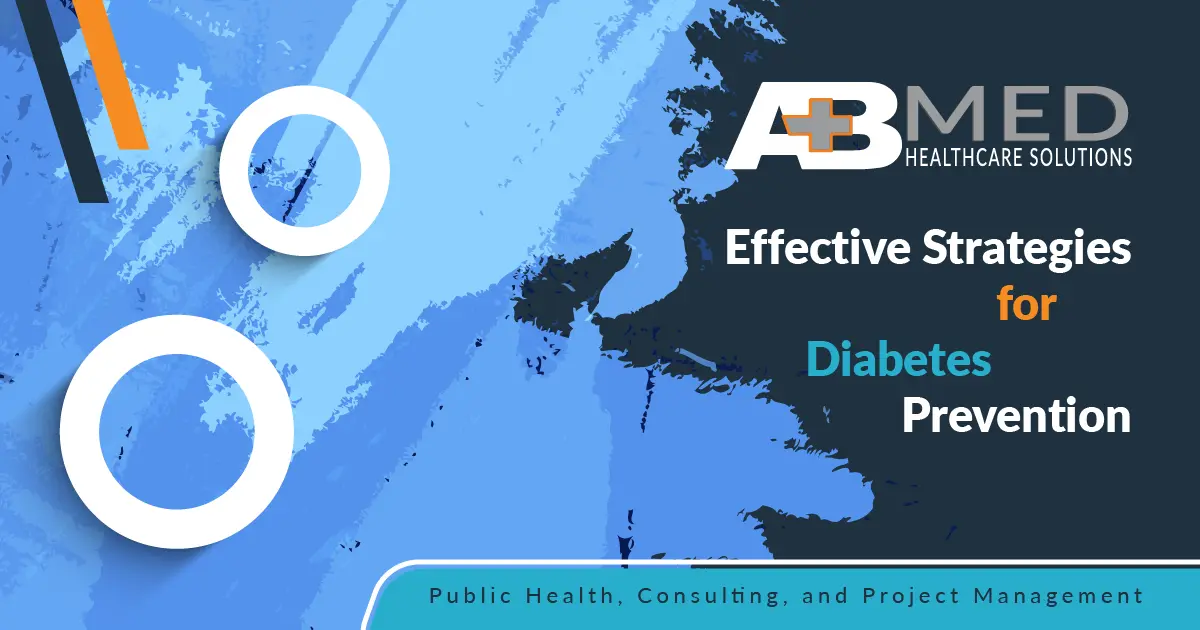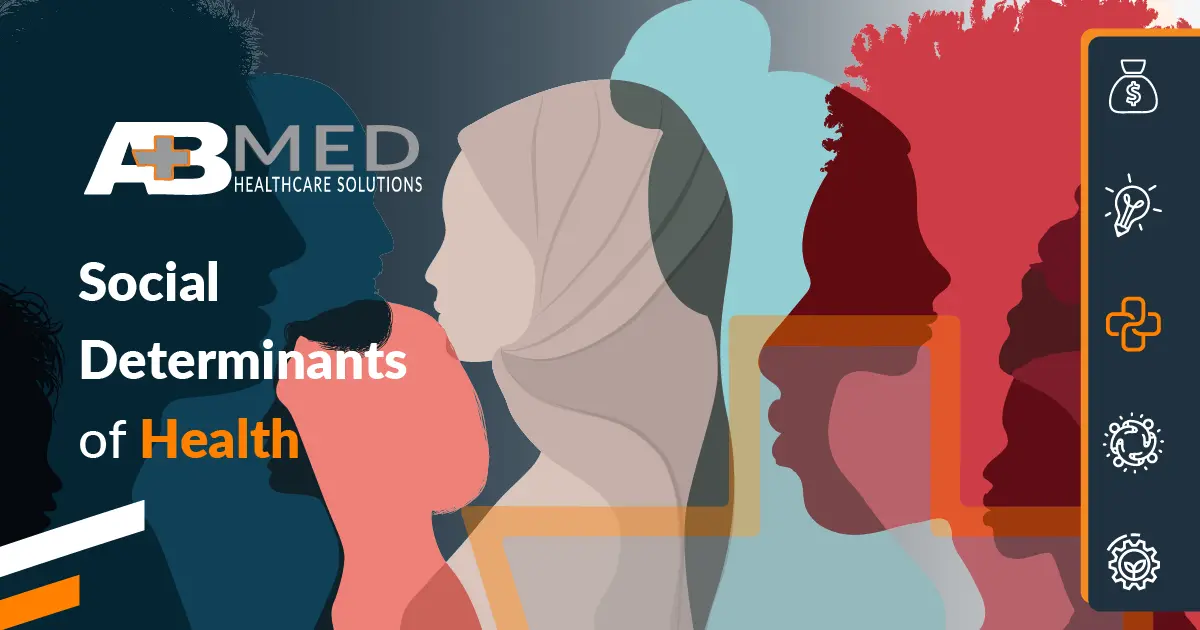Diabetes is a significant public health issue that affects millions of people worldwide. More than 37 million people in the United States have diabetes , and an additional 96 million adults have prediabetes. Fortunately, type 2 diabetes is largely preventable through lifestyle changes and community-based initiatives. This article will discuss key strategies for healthcare leaders, local governments, and tribal communities to create effective diabetes prevention programs.
Key Strategies for Diabetes Prevention:
“Effective diabetes prevention requires a multifaceted approach that engages individuals, healthcare providers, and community organizations. By working together, we can make a real impact on the health and well-being of our communities.” – Dr. Griffin P. Rodgers, Director of the National Institute of Diabetes and Digestive and Kidney Diseases (NIDDK). [ii]
- Community Engagement: Successful programs require community engagement to ensure they are culturally appropriate and meet local needs. Enlisting participation can involve working with community members, organizations, and leaders to identify high-risk populations, raise awareness of diabetes prevention, and promote healthy lifestyle changes.
- Screening and Early Detection: Early detection and screening can help identify individuals at high risk of developing diabetes and enable early intervention to prevent or delay its onset. Programs should offer diabetes risk assessments, blood glucose testing, and other screening measures to identify individuals with prediabetes or early-stage diabetes.
- Lifestyle Interventions: Lifestyle interventions are a critical component of diabetes prevention programs, as they can help individuals adopt healthy behaviors and prevent the development of diabetes. Programs should offer nutrition education, physical activity programs, and weight management support to help individuals achieve and maintain a healthy weight and improve their overall health.
- Health System Interventions: Health system interventions can help support diabetes prevention by identifying individuals at risk, providing appropriate care, and supporting healthy behaviors. Programs can engage healthcare providers in screening and referral efforts, offer diabetes self-management education and support, and promote access to healthy foods and environments that support physical activity.

Creating Effective Diabetes Prevention Programs:
According to the National Institute of Diabetes and Digestive and Kidney Diseases, “Diabetes prevention is not a one-size-fits-all approach. Effective programs require cultural competency, individualized support, and a collaborative effort between healthcare providers, public health agencies, and community organizations.” [iii]
Here are some steps that healthcare leaders, local governments, and tribal communities can take to create effective diabetes prevention programs:
- Identify High-Risk Populations: Start by assessing the diabetes burden in your community and identifying populations at the highest risk, such as modifiable risk factors, racial and ethnic minorities, older adults, and individuals with a family history of diabetes.
- Engage the Community: Engage community members, organizations, and leaders in the planning and implementation process to ensure that programs are culturally appropriate, accessible, and responsive to local needs.
- Develop Comprehensive Programs: Develop programs that incorporate community engagement, screening and early detection, lifestyle interventions, and health system interventions. Consider partnering with other organizations to leverage resources and expertise.
- Monitor and Evaluate: Regularly monitor and evaluate the program to assess its impact and make improvements over time. Use data to refine the program and identify areas for improvement.
Engaging Communities for Diabetes Prevention
Diabetes prevention is a critical public health issue that requires collaborative efforts across healthcare leaders, local and tribal governments, and the communities they serve. By implementing effective prevention programs that incorporate community engagement, screening and early detection, lifestyle interventions, and health system interventions, we can prevent or delay the onset of diabetes and improve the health of individuals and populations.
Partner with AB Med for Effective Diabetes Prevention Programs
AB Med is committed to helping communities create effective diabetes prevention programs that meet their unique needs and challenges. With our expertise in public health consulting and our commitment to community engagement, we can work with healthcare leaders, local governments, and tribal communities to develop and implement tailored prevention strategies that are culturally appropriate and evidence-based. Our team of experienced professionals can provide support and guidance in areas such as program planning, community engagement, data analysis, and program evaluation. By partnering with AB Med, you can create a comprehensive diabetes prevention program that can make a real difference in the health and well-being of your community. Let’s Connect.
REFERENCES & RESOURCES
- Centers for Disease Control and Prevention. National Diabetes Statistics Report website. https://www.cdc.gov/diabetes/data/statistics-report/index.html. Accessed [03/18/2023].
- NIDDK (2019). National Institute of Diabetes and Digestive and Kidney Diseases (NIDDK). [online] National Institute of Diabetes and Digestive and Kidney Diseases. Available at: https://www.niddk.nih.gov/.
- NIDDK (2019). National Institute of Diabetes and Digestive and Kidney Diseases (NIDDK). [online] National Institute of Diabetes and Digestive and Kidney Diseases. Available at: https://www.niddk.nih.gov/.
By: Erik McLaughlin MD, MPH and Aikaterini Papadopoulou, B.Arch






